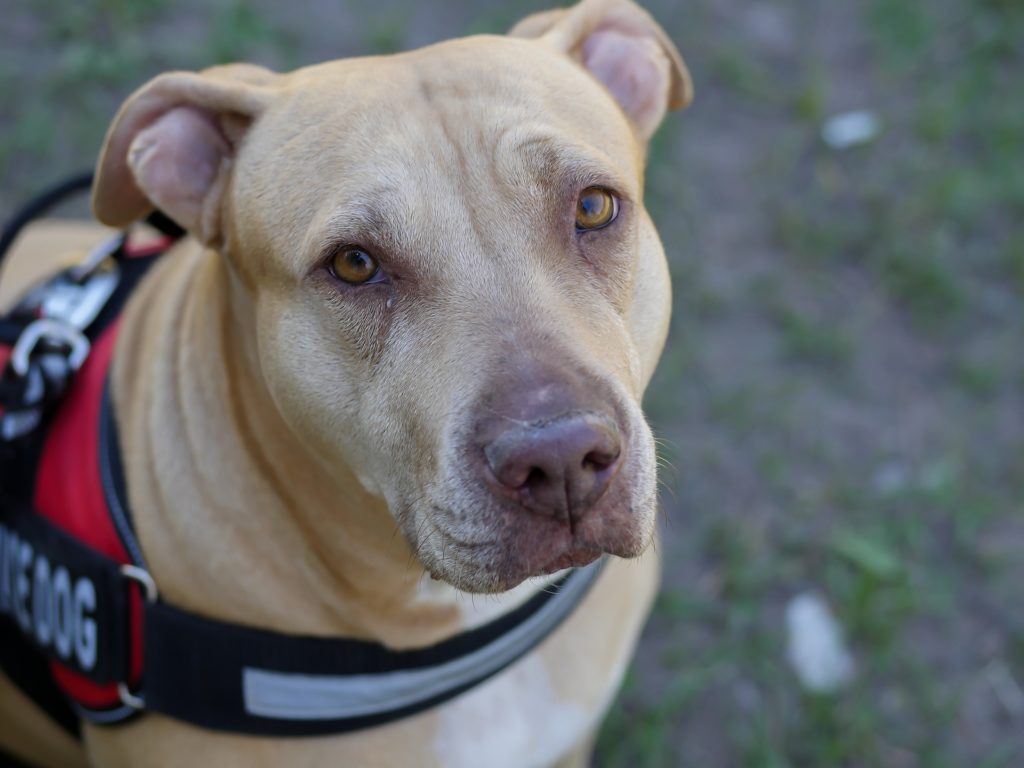International Assistance Dog Week is upon us! From August 1st, which is also International Assistance Dog Day, to August 7th, we are celebrating the service and support that working dogs have given us over the years.
Types of Service Working Dogs
Service dogs and assistance dogs care for people in a variety of ways and can make a huge difference in someone’s life.
Service dogs, as defined by the Americans with Disabilities Act (ADA), are professionally trained to perform tasks in order to improve the life of their handler. This can include dogs trained to help people with autism or seeing eye dogs. They require certification and can be taken into buildings that may not ordinarily allow animals. Service dogs for anxiety are able to accompany their handler anywhere they need to go, which can come in handy in case of an anxiety attack.
Assistance dogs, as defined under the Fair Housing Act, do not require professional training, but still care for their handlers and support them emotionally and in other ways. These dogs can increase their handler’s independence and provide assistance to make their life easier. This can include psychiatric care dogs and post-traumatic stress disorder (PTSD) support dogs who, with proper registration, can live in certain housing areas.
*Update: The ADA does not require assistance dogs to be certified or registered in the united states. However, some countries may ask for a letter of certification for travel.
Training
Training your current dog to be a service or assistance dog can be done at home or at a local training provider. There are online programs, in-person dog training lessons and even boarding schools for dogs that teach them everything they need to know to provide support.

Dana Ward on Unsplash
It is extremely important for both the dog, trainer and the handler to all understand what the end results should be before training starts. This includes any signals the dog may need to give and any tasks they may be asked to do. Commands and rewards should be the same between the trainer, handler and anyone else in the household to ensure the dog does not get confused.
Pre-Trained Service Dogs
Companies and programs also train dogs before they go to their handler. This can be a perfect step for someone who needs a support dog immediately. Programs such as Paws with a Cause can pair up trained dogs with people who have disabilities, including hearing impaired support dogs and seizure alert dogs.
Assistance Dog Etiquette
Service dogs and assistance dogs are often highly trained and very expensive. Distracting them from their tasks can be life threatening for the owner. They are working dogs that need to focus on their job. Use the following tips to ensure you don’t distract a service or assistance dog.
- Do not pet them unless told it is okay
- Do not talk to them
- Never offer them food or treats
- Keep other dogs away from them
- A napping dog does not mean they are off duty
- Be respectful and when in doubt, ask


